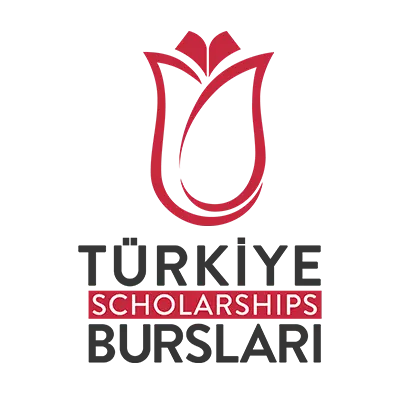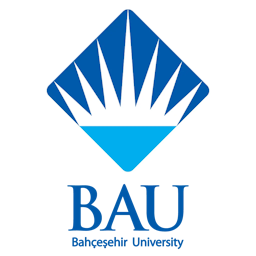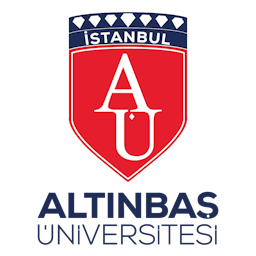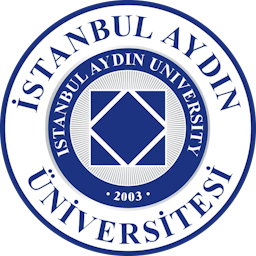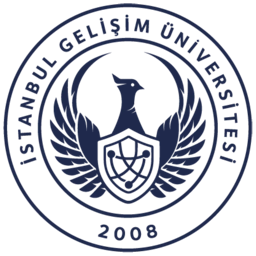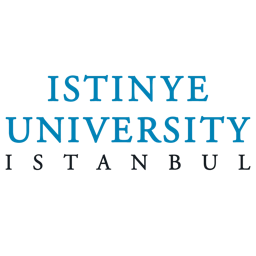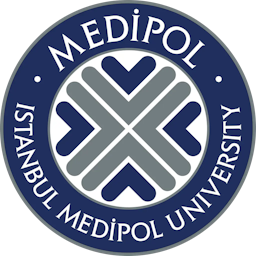
Study Medicine
Overview of Medicine:
Medicine is a branch of medical sciences that focuses on understanding and caring for human health and diseases. It is concerned with the diagnosis and treatment of medical and surgical conditions, as well as disease prevention and the preservation of public health. This major revolves around comprehending and improving human health, relying on medical research and modern technologies to understand the nature of diseases and effectively address them. This profound understanding empowers healthcare professionals to provide comprehensive and effective care. The role of medicine is not limited to disease treatment alone; it also encompasses significant efforts in the field of prevention and public health. Physicians in this field work towards raising awareness about healthy lifestyles and preventive measures to avoid the onset of chronic diseases.

What are the majors of medicine?
Medicine integrates a wide range of specialties covering various aspects of medical science to achieve comprehensive and effective health care. Here are some of the main majors of medicine:
- General Medicine: Provides comprehensive care for individuals and families, with an emphasis on prevention and primary care.
- Internal Medicine: Focuses on diagnosing and treating diseases that affect the internal organs of the body, such as the heart, liver, kidneys, and digestive system.
- Surgical medicine: deals with surgical and interventional procedures to treat a variety of conditions, ranging from plastic surgery to heart and orthopedic surgery.
- Pediatrics: specializes in caring for the health of children, from newborn infants through adolescence.
- Obstetrics and Gynecology: Focuses on women's health care, including general gynecological care, antenatal care, and obstetrics.
- Cardiology: Focuses on the diagnosis, treatment and prevention of heart diseases.
- Otolaryngology: deals with diseases and disorders related to the ear, nose and throat.
- Emergency medicine: concerned with providing immediate care in emergencies and accidents.
- Ophthalmology: Focuses on the medical and surgical treatment of diseases and disorders that affect the eyes.
- Infectious diseases: Focuses on the study and treatment of diseases caused by infectious organisms, such as viruses and bacteria.
These are some majors of medicine, and there are many other majors that diversify and develop with scientific and technological progress. Medicine is emerging as a vital driver of health care development. Doctors specializing in these majors work to achieve accurate diagnosis and provide appropriate treatment to improve the health of the individual and society and achieve sustainable development in the field of medicine and health sciences.

How many years do you study medicine in Turkey?
The duration of study in medicine usually consists of a general course followed by a period of specialization. The general period includes the basic course of medical sciences, while the second part includes clinical or practical training. The number of years varies depending on the country and educational system, and there are differences between countries. Usually, the period of studying medicine lasts a minimum of six years after completing secondary education (high school).
The duration of study for the specialty of medicine in Turkey ranges from six years, which includes five years of study (including two years of basic and pre-clinical sciences, and three years of clinical study), and a year of practical training in hospitals. Thus, the student completes six years of study in the specialty of general medicine. After the doctor obtains a bachelor's degree, he is obligated during the years following his graduation from medical school to continue his studies to obtain a specialty certificate, in order to move from the rank of general practitioner to the rank of specialist.
If the student does not have a language certificate upon joining the specialization, and if he does not pass the wellness exam organized by the university, one year is added to the total period, and this year is considered preparation for the language, whether it is Turkish or English.

What are the requirements to study medicine in Turkey?
Requirements for studying medicine in Turkey differ between public and private universities, but usually include the following elements:
Academic Qualification:
Public universities:
- High school certificate in its scientific stream with a grade exceeding 95%.
- Passing the international student admission test in Turkey (YÖS).
Private universities:
- High school certificate or its equivalent with a grade exceeding 65%.
Language:
Public and private universities:
- Proof of proficiency in Turkish (TÖMER) or English (TOEFL).
- If it is not available, Turkish universities organize a proficiency exam that determines the level - which must be passed -.
Requirements:
Public universities:
- A copy of a passport valid for at least 6 months.
- Personal Photo.
- Recommendation letter.
- Email.
- Translating all academic certificates into Turkish and having them authenticated by a notary.
Private universities:
- A copy of a passport.
- Personal Photo.
- Email.
- Translating all academic certificates into Turkish or English.
Interview:
- In some public universities, there may be a personal interview.
Contact with Ajyal Educational Services for accurate information and updates about admission requirements, as these requirements may vary between universities and may change over time.

What are the most popular Turkish universities to study medicine?
| Private universities | Public universities |
|---|---|
| Istinye University | Istanbul University |
| Istanbul Aydin University | Istanbul Cerrahpaşa University |
| Bahçeşehir University | Hacettepe University |
| Istanbul Medipol University | Marmara University |
| Altinbas University | Ankara University |
Is studying medicine in Turkey difficult?
Studying medicine anywhere requires great dedication and continuous effort due to the nature of the academic content and intense clinical training. Some aspects that can affect the assessment of the difficulty of studying medicine in Turkey, such as: language, psychological challenges, academic challenge, .......
Students must be prepared to devote themselves and commit seriously to succeeding in studying medicine in Turkey or elsewhere. Students who are successful and committed to pursuing their studies and making a serious effort can overcome challenges and achieve great success in the major of medicine.

Tell us about
you Our team has the experience to answer all your inquiries about studying and residing in Turkey

